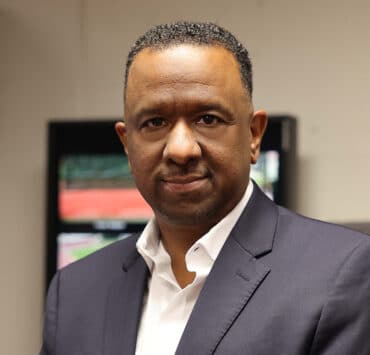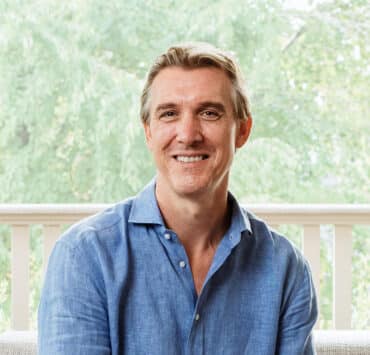|
Getting your Trinity Audio player ready... |
In his fourteen years with Deloitte Canada, Van Zorbas has managed to continually challenge himself, branching out into unfamiliar territory and teaching himself new skills. It’s a testament to both the company’s commitment helping its people grow and Zorbas’s willingness to grow and build an amazing team to support his efforts.
Zorbas, now the chief culture and people officer for Canada and Chile, says his enduring belief in the power of people dates back to observing his father, a soccer coach at Laurentian University in Ontario, Canada. “I just remember watching him and learning about how he got people motivated,” Zorbas remembers. “He was an authentic and caring coach, and he treated his players like family.”
His father’s team won thirteen provincial championships in the twenty-eight years that he coached, despite the university’s small size. With a student body of around for four thousand, Zorbas jokes, Laurentian shouldn’t conceivably have had a soccer team at all. When his father decided to step down, he challenged his son to take over the team for a year.
“These were people I had partied with the year before,” Zorbas says, laughing (he’d attended Laurentian as a student). “All of a sudden I had to take on the responsibility, the leadership, and the accountability. I learned early on that I relished that accountability. Some people rise to the occasion, and others don’t want it. But I loved it.” The team finished fourth in the nation that year. Zorbas had found his calling—though it wasn’t in soccer.
Zorbas’s main interest, he discovered, was in people. He says that his path, while not a straight line, makes sense to him because he’s continually sought out new ways to build and lead teams. His leadership is about building authentic teams who feel like family, just like his father did, Zorbas says—from the time when he moved across the country to take on his first leadership position, through his work in human capital, technology, risk, and strategy at Deloitte, to his current HR role.
Moving into the HR space has come with its share of challenges. Just after Zorbas assumed his leadership position, the pandemic immediately shut the world down. Through each wave, Zorbas says he’s been incredibly heartened by the company’s intentional shift away from being a profit-led firm to a people-led one. Sixty percent of Deloitte leadership took a voluntary pay reduction to ensure that the company would have to part with as few employees as possible.
“I want to make sure I leave Deloitte a better place for my daughter, and that there are no glass ceilings as she goes forward.”
Van Zorbas
“It has saved so many jobs as we were going through so much uncertainty,” Zorbas says. “We were in survival mode, just trying to forecast one week out at a time, and we saw the taxation of people being stuck at home with kids in the house and working nonstop, unable to shut off.”
Deloitte responded with remote wellness seminars, nine extra days off, and “Zoom-free” Fridays, among a whole host of resources to help its people truly disconnect from work during their time off.
A silver lining to the shutdown, Zorbas says, is that there will be a great opportunity to embrace a hybrid working model and welcome workers who previously were unable to commit to a full forty hours a week.
“I can’t tell you how many amazing mothers I have met who have left great jobs to take care of their kids,” Zorbas says. “These people could do amazing things at twenty hours a week, and I think we’re doing ourselves a disservice by not finding a way to make that work.”
Zorbas is committed to helping his people bring more of themselves to their work, and finding new and diverse voices to include in the conversation. “I continue to challenge my chief of staff and my team around me to make sure we’re looking for people who think differently, because it just fosters more growth,” Zorbas says. “I want to make sure I leave Deloitte a better place for my daughter, and that there are no glass ceilings as she goes forward.”
Zorbas was also on the board of directors for the Calgary Women’s Emergency Shelter for seven years, president for one year, before moving to Toronto. His wife was the victim of an abusive father, and Zorbas is committed to helping other women who find themselves in similar circumstances.
“I treat it as a privilege to be close to someone who has had to experience this, and I’ve tried to use what I’ve learned to continue to help advance the careers of women who have continually been held back by systematic issues that still exist,” he says.

